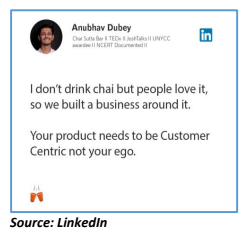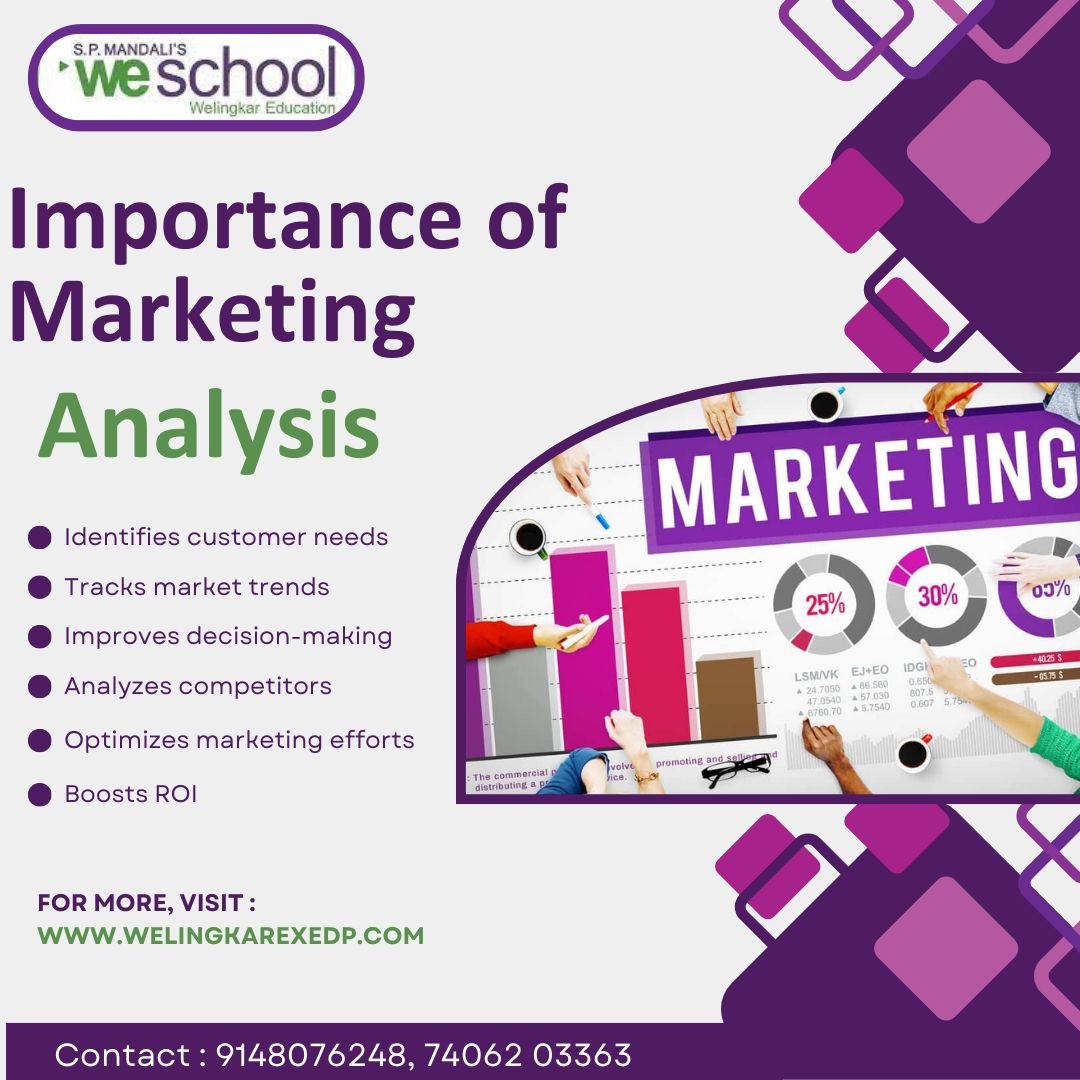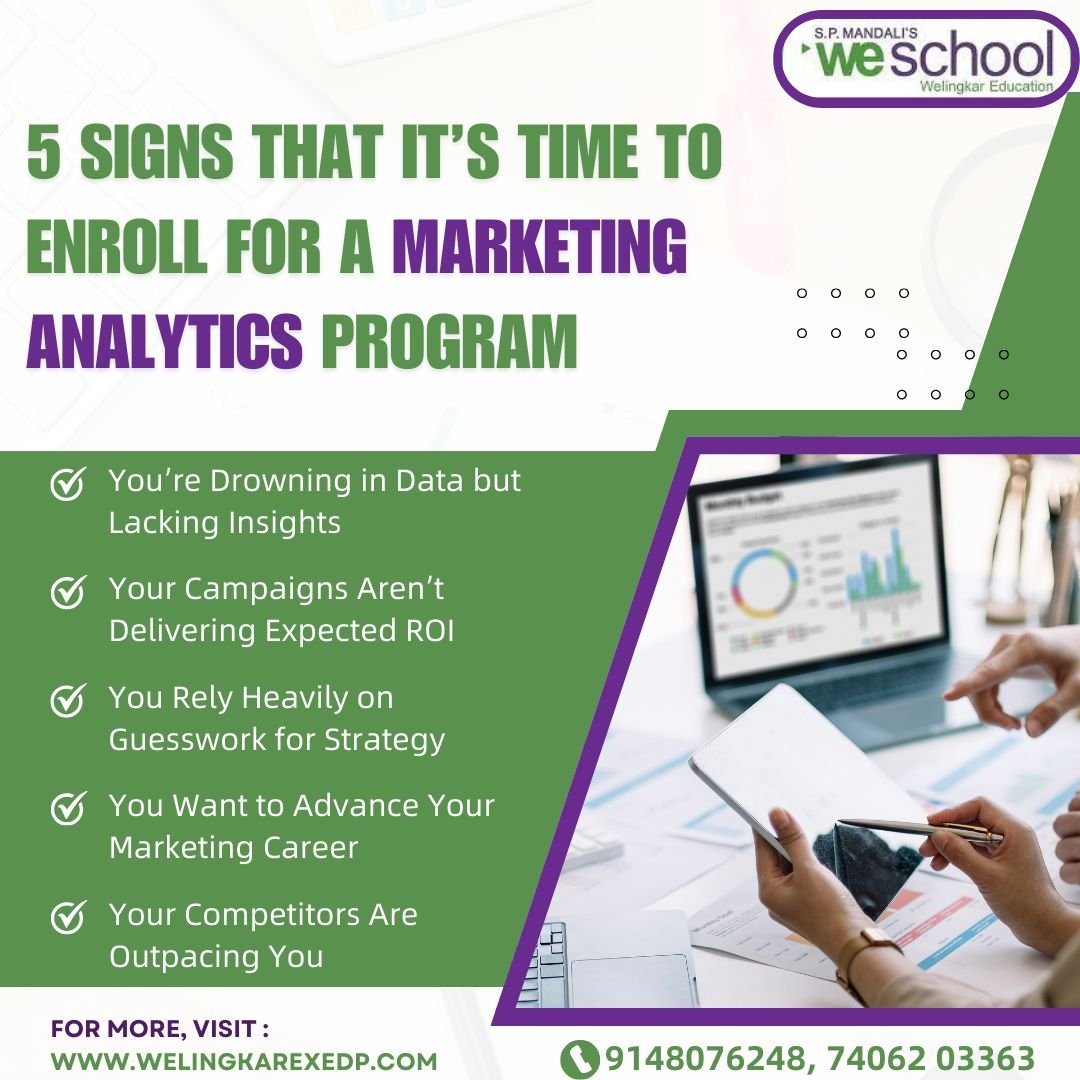Today’s customers don’t just expect good service. They expect seamless, personalized, and consistent experiences across every interaction. Whether browsing a website, receiving an email, or speaking with a chatbot, customers want brands to understand their preferences and anticipate their needs.
To meet this rising expectation, marketers are turning to data. Data-driven marketing has emerged as one of the most powerful tools to reshape how businesses engage with their audiences. With the right insights, businesses can move from generic campaigns to highly tailored experiences that drive both satisfaction and loyalty.
Let’s explore how this transformation is happening and why data-driven strategies are essential for marketing success today.
What Is Data-Driven Marketing?
Data-driven marketing is the practice of using customer data to inform and optimize marketing decisions. This includes data collected from website activity, social media behavior, purchase history, CRM systems, surveys, and more.
Rather than relying on assumptions, marketers use real-time and historical data to:
- Segment audiences more effectively
- Create personalized messaging
- Predict customer behavior
- Optimize campaign timing and channels
- Measure campaign ROI with accuracy
In short, it makes marketing smarter, more relevant, and more impactful.
Why Customer Experience Matters Now More Than Ever
The customer journey today is complex. A single purchase decision might involve multiple touchpoints across devices and channels. If a brand delivers inconsistent or irrelevant experiences, it risks losing trust and attention.
Great customer experiences drive:
- Higher customer retention
- Increased lifetime value
- Better word-of-mouth referrals
- Stronger brand loyalty
Data-driven marketing helps ensure each touchpoint is relevant, timely, and valuable. This creates an experience where customers feel understood rather than targeted.
How Data-Driven Marketing Enhances Customer Experience
Let’s look at some of the most impactful ways data is improving the customer journey.
1. Hyper-Personalization
Data allows brands to move beyond simple personalization like using a customer’s name. It enables dynamic content that changes based on browsing behavior, location, purchase history, or even real-time actions.
For example, an e-commerce brand can show different homepages to returning visitors versus first-time users. A SaaS company might send onboarding emails based on which features a customer has explored. These micro-customizations add up to a customer experience that feels curated rather than mass-produced.
2. Predictive Analytics
One of the most powerful aspects of data-driven marketing is predictive analytics. By analyzing past customer behaviors, marketers can forecast future actions. This helps in:
- Predicting churn risk
- Suggesting next best products or actions
- Timing communications for maximum impact
Netflix recommending your next series or Amazon predicting your reorder window are examples of predictive analytics at work.
3. Real-Time Engagement
Today’s consumers expect instant, relevant interactions. Data allows marketers to trigger real-time responses based on behavior.
For instance:
- Abandoned cart emails
- Product recommendations during browsing
- Location-based mobile push notifications
These timely touchpoints create a seamless and responsive experience that keeps customers engaged.
4. Smarter Segmentation
Instead of broad categories like “male aged 25 to 40,” data-driven segmentation uses real behavior and intent. Marketers can segment based on:
- Browsing activity
- Past purchases
- Interaction frequency
- Customer lifecycle stage
This precision enables content and offers that are far more likely to convert.
5. Optimized Customer Journeys
By tracking how users move through digital channels, marketers can identify drop-off points, high-converting pages, and friction in the customer journey. This insight informs improvements to UX design, funnel structure, and content strategy.
It’s no longer guesswork. Data shows exactly where customers lose interest or get stuck and helps marketers fix it fast.
Examples of Data-Driven Marketing in Action
Many global brands are setting the benchmark by integrating data into every aspect of their customer experience.
- Spotify uses listening history to create custom playlists and yearly wrap-ups
- Starbucks tailors rewards and promotions based on your drink habits and location
- Nike uses app activity to recommend fitness products and content
- Zappos offers proactive customer service based on browsing and return behavior
These companies build loyalty not just by delivering great products but by offering personalized, data-powered experiences that make customers feel valued.
Challenges of Data-Driven Marketing
Despite its potential, data-driven marketing is not without challenges:
- Data privacy and compliance: Marketers must adhere to regulations like GDPR and ensure transparency in data collection
- Data quality: Incomplete or inaccurate data can lead to poor decisions
- Tech integration: Siloed data across tools and teams can block a unified customer view
- Talent gaps: Skilled professionals are needed to interpret data and apply insights effectively
These challenges require a thoughtful strategy, ethical approach, and the right training to overcome.
The Role of AI and Machine Learning
Artificial intelligence is taking data-driven marketing to the next level. Machine learning algorithms can:
- Predict customer preferences
- Automate campaign optimization
- Power chatbots for 24/7 service
- Generate dynamic content at scale
As AI becomes more accessible, marketing teams can scale personalization and decision-making without adding manual workload.
Building a Data-Driven Marketing Team
To implement these strategies successfully, organizations must build cross-functional teams that include:
- Marketing strategists
- Data analysts
- UX designers
- CRM and automation specialists
- Content creators
Everyone plays a role in ensuring data is collected, interpreted, and applied in a way that enhances the customer journey.
How to Get Started with Data-Driven Marketing
For those looking to make the shift, here are a few steps to begin:
- Audit your current data: Understand what data you have and where it lives
- Invest in the right tools: CRM platforms, analytics dashboards, and automation tools are key
- Build customer personas: Use data to refine who you’re speaking to and what they need
- Start small, test often: Pilot campaigns with A/B testing before scaling
- Train your team: Upskill in data literacy, analytics, and customer-centric design
Education is a powerful enabler. Programs like those at Welingkar equip marketers with skills in customer analytics, digital strategy, and AI applications, which are essential in today’s data-first world.
Conclusion
Data-driven marketing is more than a trend. It is the foundation of meaningful, modern customer experiences. By leveraging insights, predicting needs, and delivering timely content, brands build trust, relevance, and long-term value.
As customer expectations grow, the ability to harness data will define who leads and who lags. Now is the time to invest in the tools, talent, and training that bring your customer experience strategy to life.
Empower your marketing career with data-driven expertise and explore digital and customer analytics programs at Welingkar Institute of Management Development and Research.
FAQs
What is data-driven marketing and why is it important?
Data-driven marketing refers to the use of customer data to inform marketing strategies, personalize experiences, and measure performance. It helps businesses deliver more relevant, timely, and effective interactions with their audience, enhancing both engagement and ROI.
How does data improve customer experience in marketing?
Data allows marketers to understand customer behavior, preferences, and journey touchpoints. This leads to personalized messaging, predictive recommendations, and seamless omnichannel experiences that meet customer expectations in real time.
What tools are essential for data-driven marketing?
Key tools include CRM platforms, customer journey analytics software, marketing automation tools, A/B testing platforms, and AI-driven personalization engines. These help collect, analyze, and act on data insights effectively.
Can small businesses use data-driven marketing effectively?
Absolutely. Small businesses can start with simple tools like Google Analytics, email marketing software, and basic CRM systems to gather and act on customer insights. Starting small and scaling gradually is a smart approach.






